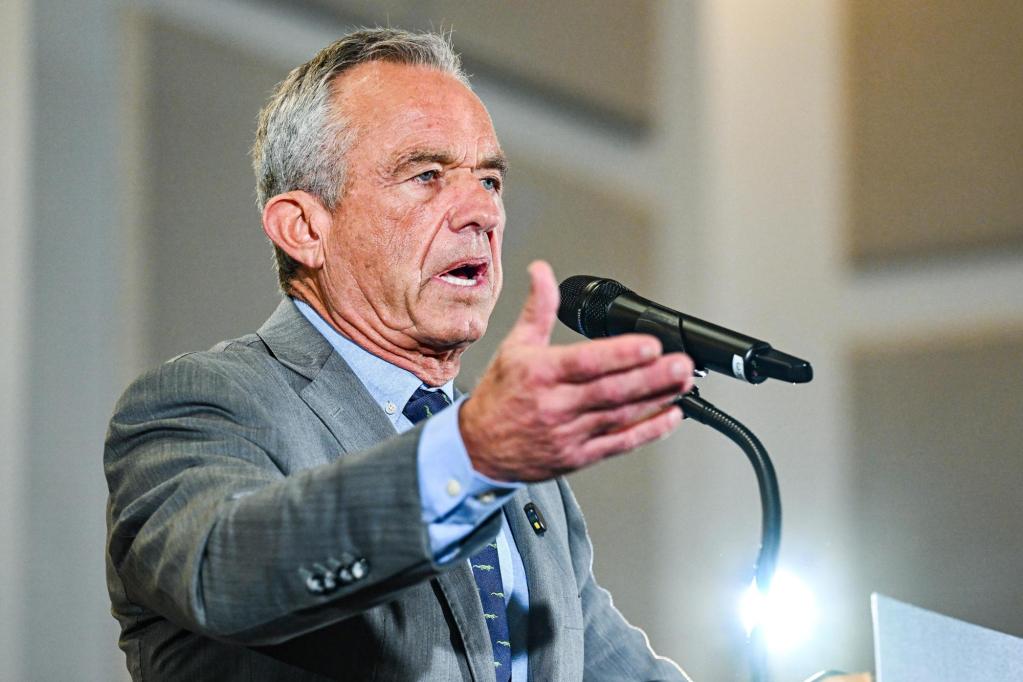WASHINGTON (AP) — New regulations from the Trump administration, which shorten the enrollment period for the Affordable Care Act (ACA), are facing a legal challenge from Democratic mayors across the United States. The rules, introduced last month, reverse efforts by the previous administration to expand access to the ACA, commonly known as Obamacare. Under the Biden administration, the enrollment window was extended, leading to record sign-ups.
The Department of Health and Human Services (HHS) unveiled these restrictions as Congress deliberated on a significant bill that could further reduce enrollment in the healthcare program. The changes are expected to impact up to 2 million people, potentially leaving nearly 10% without coverage. In response, the mayors of Baltimore, Chicago, and Columbus, Ohio, have filed a lawsuit against the federal health department, arguing that the new rules will increase the number of uninsured residents and strain city services.
Legal Battle Over Health Coverage
The lawsuit, filed on Tuesday, claims that the new rules, under the guise of increasing government efficiency and preventing fraud, create barriers to affordable insurance, undermining the ACA’s goal of providing health coverage to all Americans. The filing states,
“Cloaked in the pretense of government efficiency and fraud prevention, the 2025 Rule creates numerous barriers to affordable insurance coverage, negating the purpose of the ACA to extend affordable health coverage to all Americans, and instead increasing the population of underinsured and uninsured Americans.”
Joining the mayors in the lawsuit are two liberal advocacy groups, Doctors for America and Main Street Alliance. These organizations argue that the rules were introduced without sufficient public input and will disproportionately affect vulnerable populations.
Impact of the New Rules
The new regulations shorten the enrollment period for the federal marketplace by a month, limiting it to November 1 through December 15 in 2026. They also introduce stricter income verification checks and impose a $5 fee for some individuals automatically re-enrolling in a free plan. Additionally, insurers can deny coverage to those with unpaid premiums from previous plans, and approximately 100,000 immigrants brought to the U.S. as children are barred from enrolling.
HHS defends these policies as temporary measures to curb improper enrollments and the misallocation of federal funds. However, critics argue that the changes will force families off their health insurance and increase costs for millions of Americans. Skye Perryman, president of Democracy Forward, representing the plaintiffs, stated,
“This unlawful rule will force families off their health insurance and raise costs on millions of Americans. This does nothing to help people and instead harms Americans’ health and safety across our country.”
Historical Context and Political Implications
The ACA has been a contentious issue since its inception, with Republicans frequently targeting it for repeal or reform. The Biden administration celebrated the program’s increased enrollment as a significant achievement, with a record 24 million people signing up, aided by tax breaks from the 2022 Inflation Reduction Act. However, former President Trump has consistently criticized the ACA, arguing that it is fraught with issues that make coverage unaffordable without substantial subsidies. During his first term, enrollment numbers declined, reflecting the administration’s stance.
This legal challenge is part of a broader pattern of opposition to the Trump administration’s healthcare policies. The lawsuit does not contest the restriction on immigrants enrolling in the coverage, focusing instead on the broader impact on American citizens.
Looking Ahead
The outcome of this legal battle could have significant implications for the future of healthcare access in the United States. If the courts side with the mayors and advocacy groups, it could reinforce the ACA’s role in providing affordable healthcare. Conversely, a ruling in favor of the Trump administration could embolden further restrictions on the program.
As the case progresses, it will likely draw attention from both sides of the political spectrum, highlighting the ongoing debate over the best approach to healthcare in America. The decision will not only affect millions of Americans’ access to health insurance but also shape the political landscape as the country approaches the next presidential election cycle.
